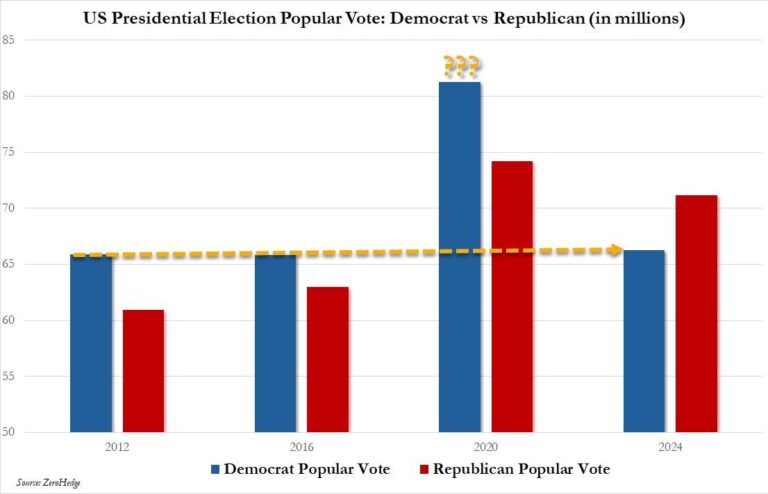Finally, liberals have found old writings about Jesus that they actually like. Thank goodness. You know how nothing in the Bible is to be believed because it was written by neanderthal nutjobs many years after Jesus died. Well forget all that. A Harvard professor has a document dating back to the 4th century that mentions Jesus’ wife. They’re not sure where she got it which is always a sure sign that it’s authentic. But it’s totally awesomely true because…well because the Church hates women. Or something.
The poor dears haven’t been this excited since Sandra Fluke spoke truth to power about contraceptives.
A historian of early Christianity at Harvard Divinity School has identified a scrap of papyrus that she says was written in Coptic in the fourth century and contains a phrase never seen in any piece of Scripture: “Jesus said to them, ‘My wife …’”
The faded papyrus fragment is smaller than a business card, with eight lines on one side, in black ink legible under a magnifying glass. Just below the line about Jesus having a wife, the papyrus includes a second provocative clause that purportedly says, “she will be able to be my disciple.”
The finding is being made public in Rome on Tuesday at an international meeting of Coptic scholars by the historian Karen L. King, who has published several books about new Gospel discoveries and is the first woman to hold the nation’s oldest endowed chair, the Hollis professor of divinity.
The provenance of the papyrus fragment is a mystery, and its owner has asked to remain anonymous. Until Tuesday, Dr. King had shown the fragment to only a small circle of experts in papyrology and Coptic linguistics, who concluded that it is most likely not a forgery. But she and her collaborators say they are eager for more scholars to weigh in and perhaps upend their conclusions.
Even with many questions unsettled, the discovery could reignite the debate over whether Jesus was married, whether Mary Magdalene was his wife and whether he had a female disciple. These debates date to the early centuries of Christianity, scholars say. But they are relevant today, when global Christianity is roiling over the place of women in ministry and the boundaries of marriage.
The discussion is particularly animated in the Roman Catholic Church, where despite calls for change, the Vatican has reiterated the teaching that the priesthood cannot be opened to women and married men because of the model set by Jesus.
It’s like Jesus was speaking through the centuries and agreeing with the NY Times editorial page. Now, if only they believed Jesus actually existed.


